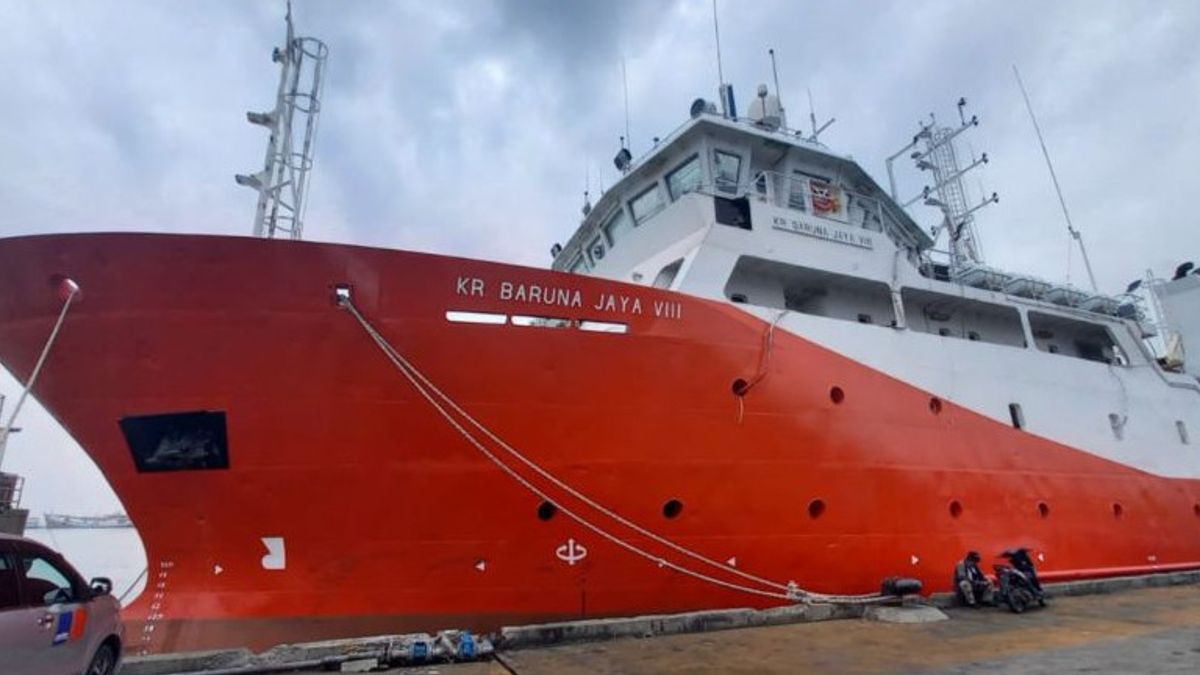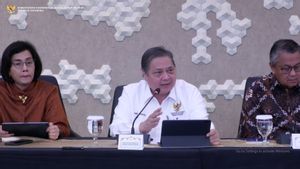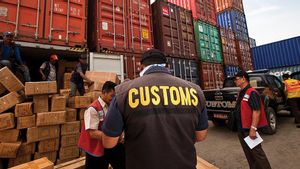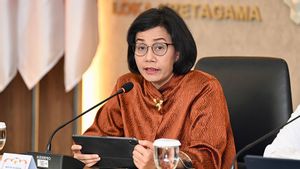JAKARTA - The National Research and Innovation Agency (BRIN) places deep marine research as one of the focuses of strategic research because the region saves ecosystem life that has many benefits for mankind.
"More than 85 percent of the deep sea area has not been explored. In fact, the area has a lot of potential as a source of oxygen and food," said Head of the BRIN Intan Suci Marine Research Center, Nurhati in Jakarta, quoted from Antara, Saturday, August 5.
Intan revealed that most of the deep oceans in Indonesia are located in the eastern region, such as the Banda Sea which has a Weber Trench with a depth of 7,440 meters and a width of 150 kilometers.
Deep sea exploration is a big challenge because it requires strong and capable infrastructure, including research ships and advanced exploration equipment.
According to him, research on the deep sea in addition to requiring qualified equipment is also full of challenges. The use of submarines and submersibles is an important example of infrastructure for research in the region.
Intan hopes that efforts through deep-sea research can produce important discoveries and use of sustainable marine resources, so that later they can become pillars in supporting Indonesia's independence.
"Sea research requires adequate support and budget to ensure research can be carried out effectively and successfully," he said.
Secretary of the Deputy for Human Resources of Science and Technology BRIN Nining Setyowati Dwi Andayani said, as much as 70 percent of BRIN's human resources are focused on deep and maritime marine research.
"The quality of human resources must be superior in order to produce brilliant innovations in the future. This is very important considering Indonesia's geographical considerations and potential resources owned in the fields of biodiversity, space, maritime, deep sea, and nuclear," said Nining.
VOIR éGALEMENT:
He further said that one of BRIN's policies to support research activities was to open an unlimited platform only for human resources.
The move includes an increase in the budget for human resources and infrastructure in research, including deep-sea and maritime research.
"The purpose of the policy is to increase the number of Indonesian researchers and unite components of human resources, budget, and infrastructure so that they can be integrated and processed together," Nining concluded his explanation.
The English, Chinese, Japanese, Arabic, and French versions are automatically generated by the AI. So there may still be inaccuracies in translating, please always see Indonesian as our main language. (system supported by DigitalSiber.id)











